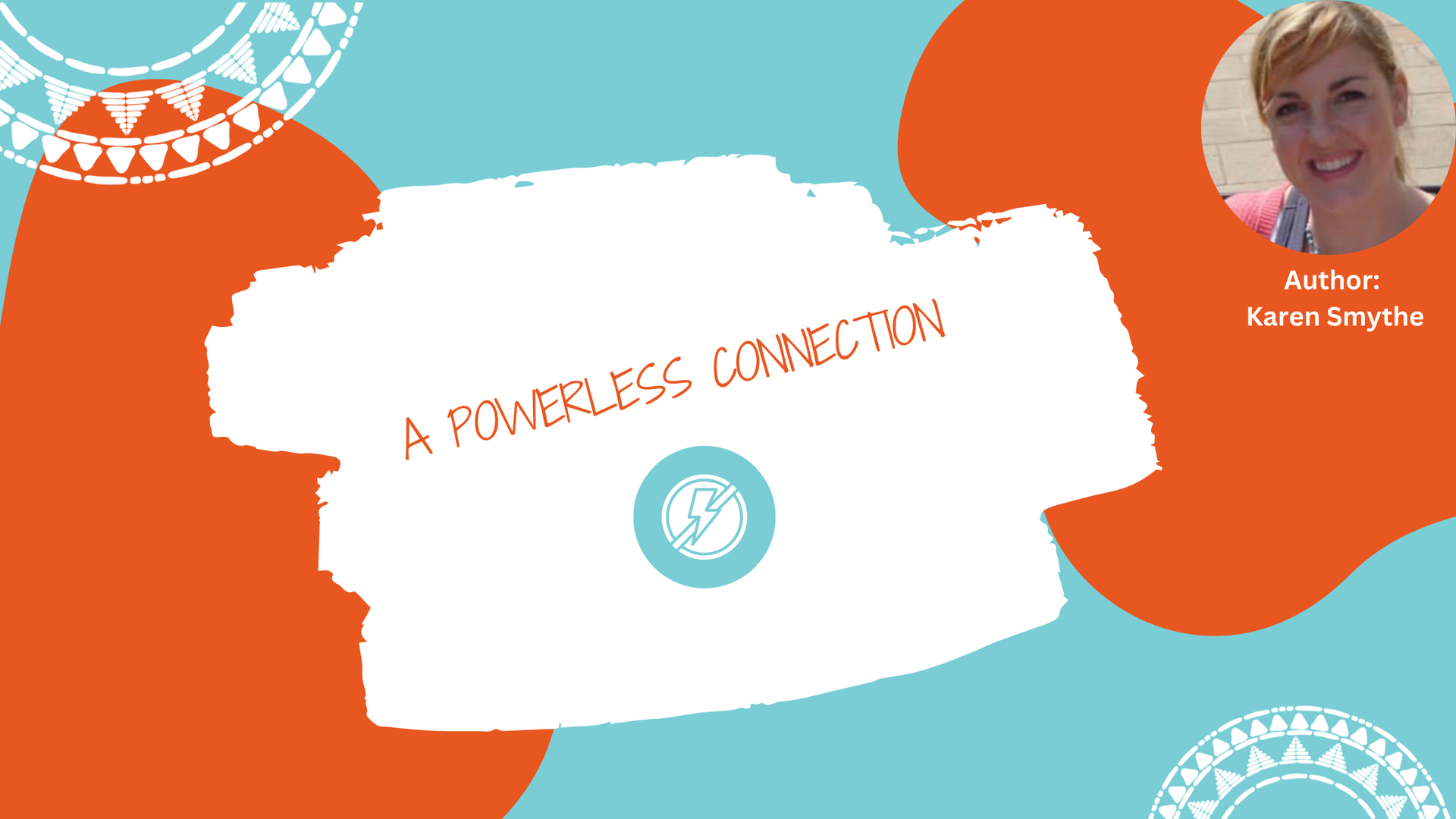The Power of Intention
‘INTENTION’ is a concept that plays a big part in my own personal life, alongside the RP work that I get to do. I try to use it as a compass to get clarity on decisions or best next steps by asking myself, ‘What is my intention here?’; or to help me to understand the motivation of others, ‘What was their intention when they did that?’. It made me laugh one day when I heard someone say that we judge ourselves by our intentions, ‘sure I didn’t mean to hurt them’, while we often judge others by their actions, ‘they really hurt me’! I find that being curious about my own or someone else’s intention can soften communication, especially when things get a little prickly.
Intention is so important when we think about our restorative approach. Is my intention to control or rebuke or is my intention to connect and repair? The answer to this question informs my body language, tone of voice, commitment to the restorative philosophy even when it is hard, and it can get hard as many of you will know! I find that one of the most powerful ways to achieve the intention to connect and repair, to de-escalate potential conflicts in the classroom or the corridors is to say my intention out loud:
…My intention is to support you to have success here which is why I’m hoping we can work together to improve the homework situation…
My intention is to have a chat and see if we can move this in a better direction together, are you open to that yourself?…
My intention is to keep us all safe in the class which is why I am asking you to keep the legs of the chair on the ground please, good man…
I’d invite you to practise this in times of challenge, when you can feel the urge to engage in a power struggle emerge.
I believe that living the intention to be restorative with yourself and others requires us to nurture our own restorative journey, seeking opportunities to practise on purpose. It’s like everything else, what we practise grows stronger – we need to do those ‘RP squats’ to build capacity and resilience in times of challenge.
If you are in a Connect RP School there are so many opportunities to expand your practice on the UBUNTU Learning Platform or in community with your school’s Bee RP Hive! If you are not in a Connect RP school you can see what we have on offer here or even simply begin with an RP reflective journal or with finding an RP buddy to chat with. You may also like this month’s Connect RP Gift – Top Tips to Respond to Classroom Conflict.
My own personal intention is to create more balance this year and this will inform my decisions and priorities – one way I have done this is to expand the gorgeous Connect RP Team whom you can meet here.
What is your intention for yourself this year?
What is your intention for advancing your own RP practice this year?
With much giraffe-love,
Michelle




